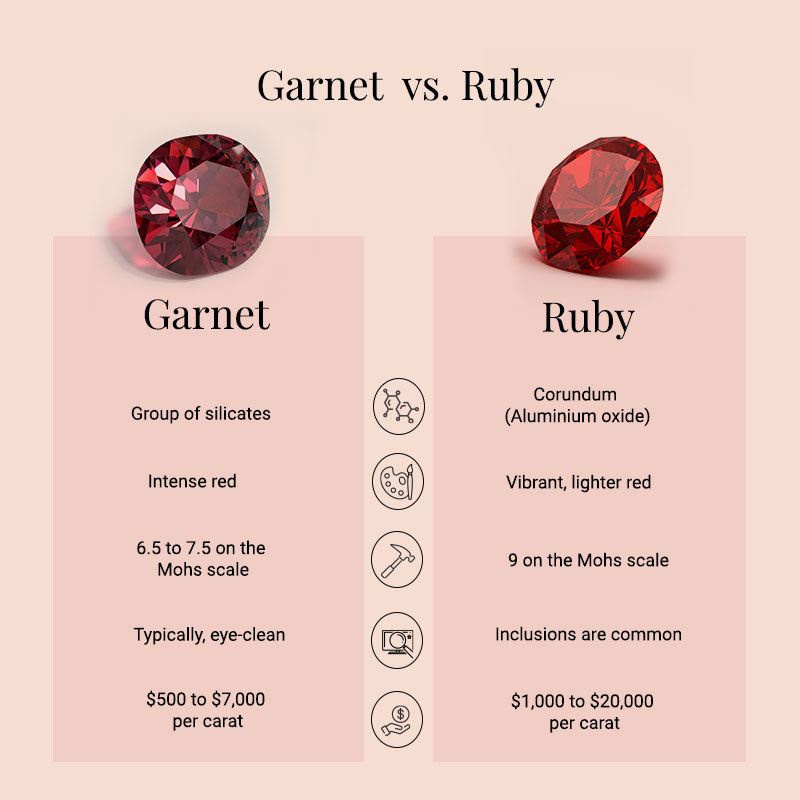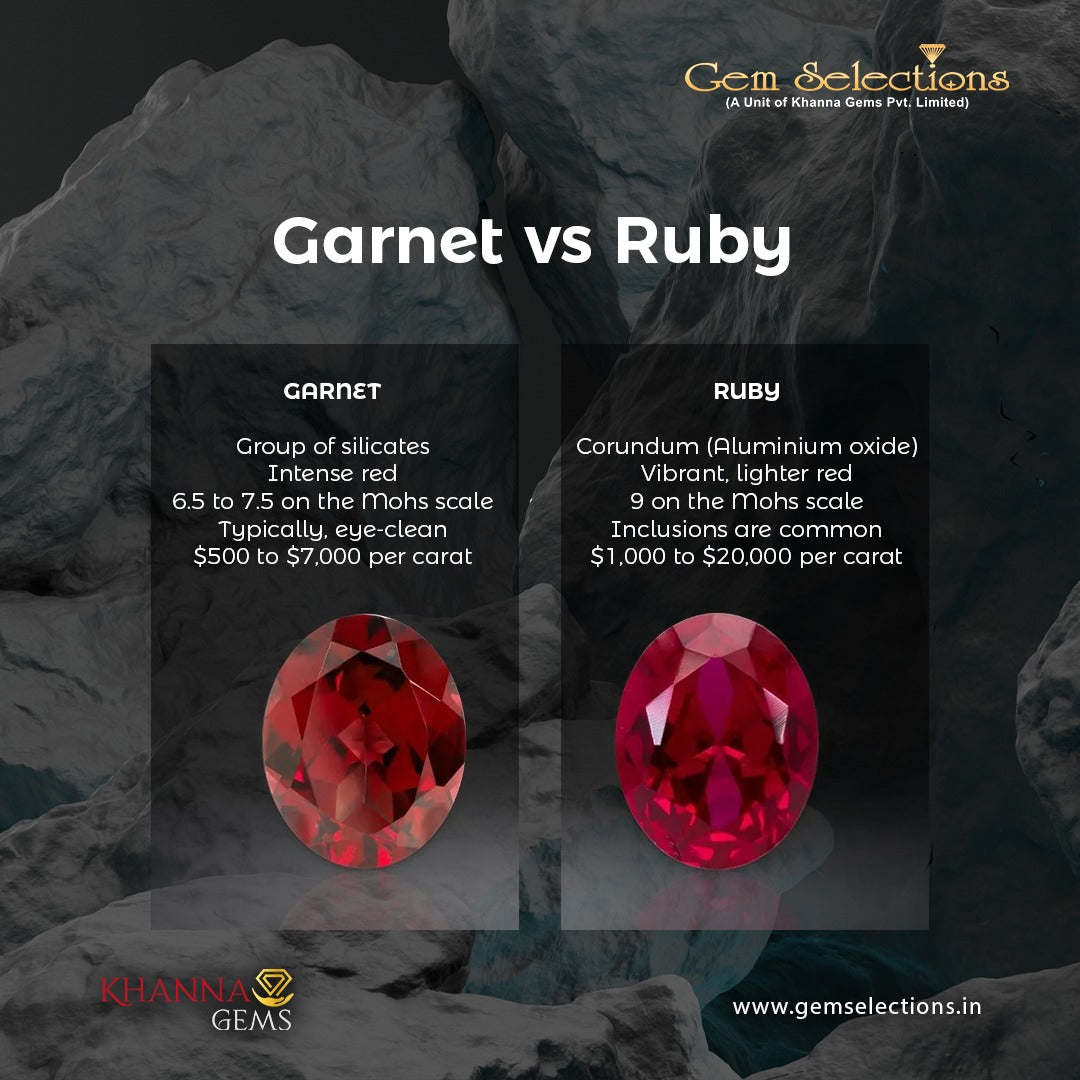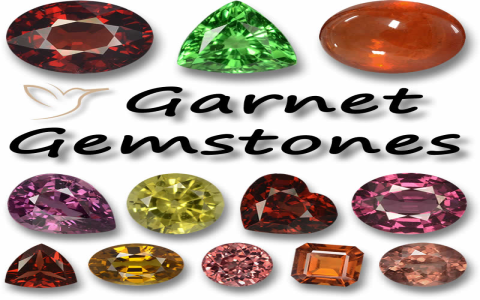Okay, so I was digging around in my grandma’s old jewelry box the other day (she had some seriously cool stuff!), and I found these two gorgeous red stones. One was labeled “garnet” and the other “ruby.” Honestly, at first glance, I couldn’t tell the difference! They both looked…well, red and sparkly. So, I did what any curious person would do – I started researching.

My Little Research Journey Begins
First, I grabbed my phone and just started searching for images. “Garnet” and “Ruby” – I wanted to see if I could spot any visual differences right away. I scrolled through tons of pictures, but it wasn’t super helpful. Some garnets looked super dark, almost brown-red, and others were a brighter, lighter red. Rubies seemed to be consistently that classic, “pigeon blood” red, but I knew there had to be more to it than that.
Diving Deeper into the Details
Then, I started reading some articles. I learned that it’s not just about the color, it’s about the actual chemical makeup of the stones!
- Garnets, I found out, are actually a group of minerals. That’s why they can come in so many colors! They’re usually made of things like iron, aluminum, and magnesium.
- Rubies, on the other hand, are a specific type of mineral called corundum. They get their red color from chromium.
Figuring out the Differences
I kept reading and discovered about the hardness. I read that you can find it by Mohs scale:
- Garnets:6.5-7.5.
- Rubies: 9.
Another discovery is price:

- Garnets: Affordable.
- Rubies:Expensive, and sometimes super expensive.
Putting it all together
So, after all my searching and reading, I finally felt like I had a better grasp on the differences. It’s not just about looking at them – it’s about what they’re made of, how hard they are, and, let’s be real, how much they cost! My grandma’s “ruby” might actually be a garnet, but now I know how to investigate a bit more!

